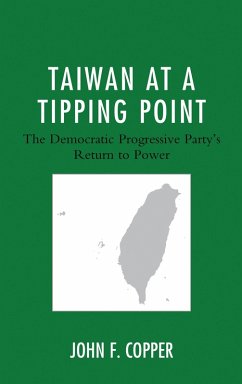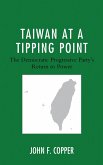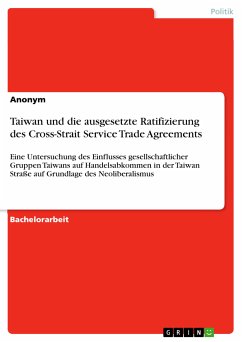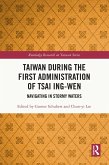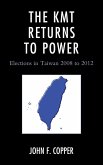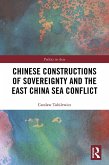Taiwan at a Tipping Point assesses issues relating to Taiwan's new political, economic, diplomatic and military/strategic state-of-affairs following the January 2016 national election that brought the then opposition Democratic Progressive Party (DPP) to power. This was a momentous event. The DPP won major presidential and legislative victories giving it an easy mandate to govern. Tsai Ing-wen became president. But ruling did not turn out to be easy. Tsai and the DPP had little experience managing the economy and their growth strategies did not work well. Their stances on Taiwan's independence alienated Taiwan's biggest trading partner and a nation that claims Taiwan is its territory, China. Beijing took revenge. Taiwan's only ally, the United States, was confused and distracted in trying to formulate a new policy toward Taiwan. Promises President Tsai and the DPP made during the campaign, especially on reform and Taiwan's national status, were hard to fulfill and for the most part were not. Post-election euphoria turned into dismay. Thus the question arose whether the president and the DPP would remain in power or whether the next elections would see the Nationalist Party or Kuomintang (KMT) return-though it remaining in the doldrums made this seem unlikely. Thus uncertainty characterized Taiwan post-election. Taiwan was at a turning point.
Bitte wählen Sie Ihr Anliegen aus.
Rechnungen
Retourenschein anfordern
Bestellstatus
Storno

